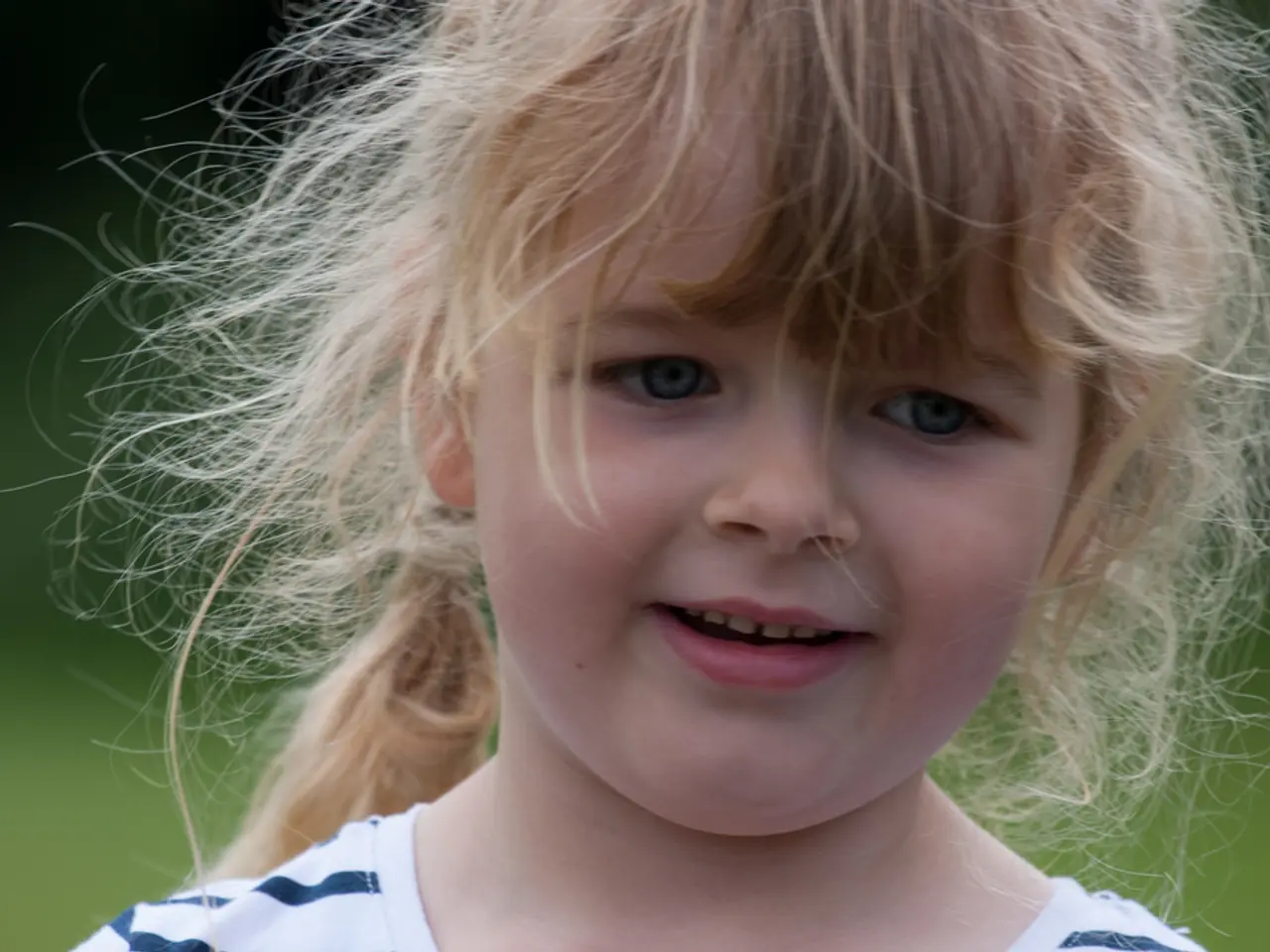Unraveling Mental Processes: Identifying Irrational Thought Patterns for Adolescents
Cognitive distortions, distorted mental processes that can cause inaccurate or skewed perceptions of reality, are a common challenge faced by teenagers. These distortions can significantly impact a teenager's mental and emotional well-being, academic performance, and social relationships.
One of the most common cognitive distortions is catastrophizing, where a teenager may interpret situations in an exaggerated or overly negative way, assuming the worst will happen. Other distortions include all-or-nothing thinking (black-and-white thinking), overgeneralizing, jumping to conclusions, and mind reading. These distortions can lead to heightened anxiety, depression, mood disorders, emotional dysregulation, and lowered well-being.
For instance, catastrophizing can cause overwhelming fear and stress, while black-and-white thinking may contribute to feelings of hopelessness or frustration when things aren't perfect. Such patterns make it harder for teenagers to regulate emotions and can worsen mood disorders, including major depressive disorder or disruptive mood dysregulation disorder.
Because adolescents' emotional processing is still developing, they are more prone to these distortions, which can amplify mood swings and emotional challenges. However, there are ways to help teenagers navigate and manage cognitive distortions. Encouraging self-awareness, open communication, and the development of coping strategies can be beneficial.
Teaching coping strategies like thought-challenging helps teenagers recognize and reframe distorted thinking, promoting healthier emotional regulation and better mental health outcomes. For example, a teenager engaging in minimizing may not fully appreciate their academic achievements, leading to a lack of motivation in their academic pursuits. By learning to challenge these thoughts, they can develop a more balanced and realistic perspective, leading to increased motivation and improved academic performance.
Social comparison can also lead to feelings of inadequacy, jealousy, or an exaggerated sense of superiority in teenagers. Impaired decision-making is a potential harm of cognitive distortions, leading to challenges in academic choices, social interactions, and emotional well-being. Unrealistic expectations about various aspects of life can lead to persistent disappointment and distress.
Recognizing the signs of cognitive distortions in teenagers, such as excessive worry or anxiety, low self-esteem, conflict with others, changes in behavior, and academic performance changes, is essential for providing effective guidance and intervention. If cognitive distortions are severe or persistent, impacting a teenager's daily life, seeking professional help is advisable.
In conclusion, cognitive distortions significantly impact a teenager's thoughts, emotions, and behaviors, shaping aspects such as self-concept, decision-making, and relationships. By understanding these distortions and providing appropriate guidance and intervention, we can help teenagers navigate their emotional landscape, promoting better mental health and well-being.
- Resilience in the face of cognitive distortions can be fostered by developing a mindset of self-awareness, open communication, and the implementation of coping strategies.
- Cognitive distortions, like catastrophizing, can potentially lead to depression and anxiety, affecting a teenager's emotional well-being and mental health.
- Personal growth and academic performance may suffer due to cognitive distortions such as self-deprecating thoughts or social comparison, which can create feelings of inadequacy or excessiveness.
- Mindfulness practices, rooted in science, can be instrumental in helping teenagers recognize and manage distorted thinking, thereby promoting better mental health-and-wellness.
- Anxiety, mood disorders, and emotional dysregulation can escalate when cognitive distortions like all-or-nothing thinking or jumping to conclusions persist, affecting a teenager's overall well-being.
- Mental health professionals can offer intervention for teenagers struggling with severe or persistent cognitive distortions, ensuring their emotional well-being and daily life are not negatively impacted.
- Encouraging emotional well-being and mental health in teenagers involves not only recognizing and addressing cognitive distortions but also fostering a supportive environment conducive to personal growth and improved mental health outcomes.




